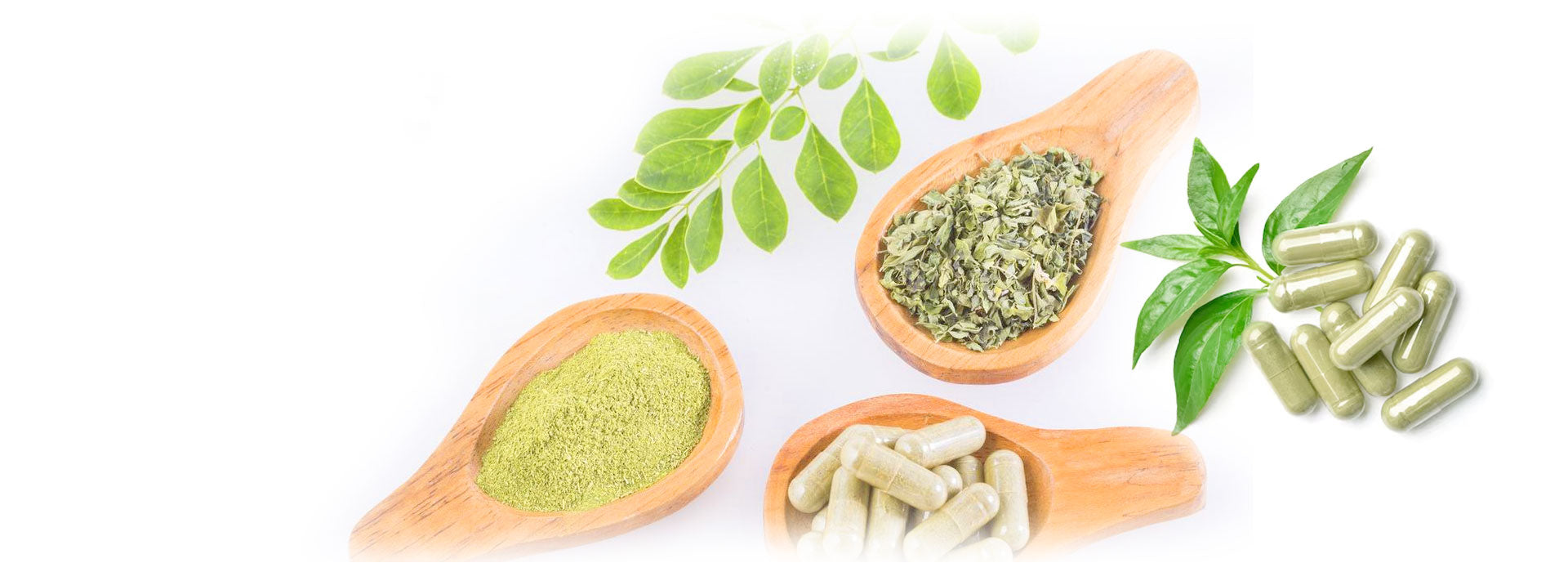
Taking vitamins, minerals or other natural food supplements is a great way to top up any nutritional shortfalls from your diet and enhance your overall wellbeing.
However, you may be wondering if there is an ideal time of day to take vitamins.
Unfortunately, answering this question is tricky, as there are no hard or fast rules. All vitamins and minerals are different – and perform specific roles in your body – so the best time to take them will depend largely on which ones you are taking. Some are best taken in the morning or with food to maximise absorption. Others are best taken on an empty stomach or in the evening before bed.
Here, we take a closer look at the different types of vitamins and minerals, what they do, and the best times of day – or night – to take them.

• Benefits of taking vitamins and mineral supplements
Getting adequate levels of vitamins, minerals and other nutrients is essential for good overall health and wellbeing. They help strengthen your immune system and boost your body’s natural defence against illness. They support your key body systems and make sure they function correctly. Many vitamins and minerals also play a vital role in creating the energy your body needs to function and help to build muscle and develop healthy skin, nails, hair, eyes, teeth and bones.(1)
Your body, unfortunately, doesn’t produce most vitamins and minerals naturally, so the best way you can obtain them is through a healthy diet. No single food type contains all the essential nutrients your body needs to stay healthy and function properly, so it’s crucial to eat a wide variety of different foods. Fresh fruit and vegetables, for example, are nutrient-rich and dense in vitamins and minerals, so getting your five-a-day is essential. Lean meat is a good source of protein and iron, while dairy products are an excellent way of ensuring you meet your daily recommended calcium intake.(2)
However, if you’re unable to meet your needs through diet alone, supplementation is one way to ensure you get the proper amounts of vitamins and minerals. Vitamins are split into two groups – fat-soluble and water-soluble.(3) While they can be taken at any time of day, your body absorbs them differently, so knowing how and when to take each type may help you maximise absorption and reap the most nutritional benefits.
Fat-soluble vitamins need fat for proper absorption, for this reason, it's recommended that you take fat-soluble vitamins (vitamins A, D, E and K) with food containing fat.(4) Your body can store any excess fat-soluble vitamins in your muscles, which means you can take too much if you’re not careful.(3) In some cases, taking too much of a fat-soluble vitamin can be toxic, so always check with your healthcare provider first.
There are nine water-soluble vitamins – Vitamin C and the eight B vitamins.(3) As their name suggests, they dissolve in water, meaning you don’t need to take them with food. Unlike fat-soluble vitamins, your body can’t store water-soluble vitamins in its tissues, so any excess is flushed through your urine. So, as a general rule, you should regularly consume water-soluble vitamins during the day to keep your levels topped up.

• When's the best time to take...
When it comes to the best time to take certain vitamins and minerals, here are a few things to bear in mind:
 |
FACT CHECKEDBrittany Lubeck, MS, RDN
|
References
- Centers for Disease Control and Prevention. Micronutrient Facts.
- National Institutes of Health. Healthy Eating As You Age: Know Your Food Groups.
- Lykstad J, Sharma S. Biochemistry, water soluble vitamins. In: StatPearls. StatPearls Publishing; 2024.
- Albahrani AA, Greaves RF. Fat-Soluble Vitamins: Clinical Indications and Current Challenges for Chromatographic Measurement. Clin Biochem Rev. 2016;37(1):27-47.
- Hanna M, Jaqua E, Nguyen V, Clay J. B Vitamins: Functions and Uses in Medicine. Perm J. 2022;26(2):89-97. doi:10.7812/TPP/21.204
- Carazo A, Macáková K, Matoušová K, Krčmová LK, Protti M, Mladěnka P. Vitamin A Update: Forms, Sources, Kinetics, Detection, Function, Deficiency, Therapeutic Use and Toxicity. Nutrients. 2021;13(5):1703. doi:10.3390/nu13051703
- Bhoot HR, Zamwar UM, Chakole S, Anjankar A. Dietary Sources, Bioavailability, and Functions of Ascorbic Acid (Vitamin C) and Its Role in the Common Cold, Tissue Healing, and Iron Metabolism. Cureus. 2023;15(11):e49308. doi:10.7759/cureus.49308
- Zmijewski MA. Vitamin D and Human Health. Int J Mol Sci. 2019;20(1):145. doi:10.3390/ijms20010145
- Akpınar Ş, Karadağ MG. Is Vitamin D Important in Anxiety or Depression? What Is the Truth?. Curr Nutr Rep. 2022;11(4):675-681. doi:10.1007/s13668-022-00441-0
- Rizvi S, Raza ST, Ahmed F, Ahmad A, Abbas S, Mahdi F. The role of vitamin E in human health and some diseases. Sultan Qaboos Univ Med J. 2014;14(2):e157-e165.
- Trugilho L, Alvarenga L, Cardozo LF, et al. Vitamin E and conflicting understandings in noncommunicable diseases: Is it worth supplementing?. Clin Nutr ESPEN. 2024;59:343-354. doi:10.1016/j.clnesp.2023.12.147
- Maurya VK, Aggarwal M. Factors influencing the absorption of vitamin D in GIT: an overview. J Food Sci Technol. 2017;54(12):3753-3765. doi:10.1007/s13197-017-2840-0
- Simes DC, Viegas CSB, Araújo N, Marreiros C. Vitamin K as a Diet Supplement with Impact in Human Health: Current Evidence in Age-Related Diseases. Nutrients. 2020;12(1):138. doi:10.3390/nu12010138
Disclaimer: Information and other content provided in Lily & Loaf blogs should not be construed as medical advice and should not be considered a substitute for professional medical expertise. If you have any medical concerns, you should consult with your health care provider.


